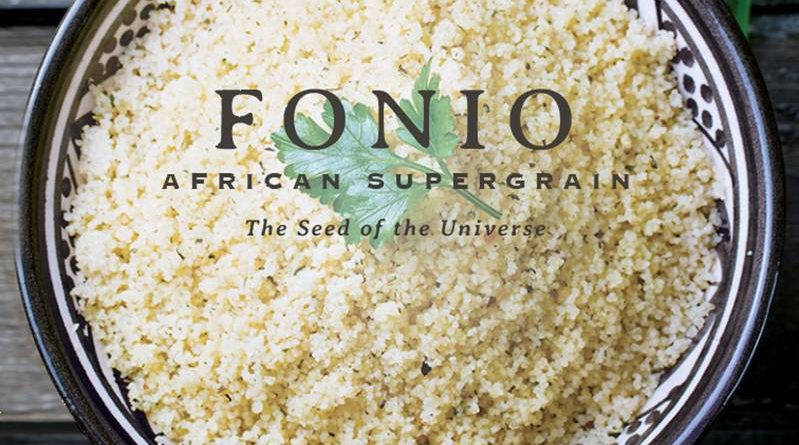 Africa is becoming a rich source of superfood ingredients. Many ingredients of high nutritional quality are emerging from the continent.
Africa is becoming a rich source of superfood ingredients. Many ingredients of high nutritional quality are emerging from the continent.
Aduna Foods has just launched fonio in organic food retailers in the UK. Fonio is an ancient supergrain, grown in West Africa for 5,000 years. The gluten-free grain is part of the millet family; it is rich in iron and amino acids, and a source of zinc, vitamin B1 and B3 and phosphorus. Because of its versatility and high nutritional quality, fonio has been dubbed the new quinoa. It has only recently been registered as a novel food with the EU.
Pierre Thiam, one of Africa’s leading chefs, has already introduced fonio in the US market via Yolélé Foods. Thiam is promoting the African grain via recipes (The Fonio Cookbook), Yolélé branded products, and speaking at the Sustainable Foods Summit (22-23 January, San Francisco). In the coming months, Yolélé Foods will be launching fonio pilaf mixes, cereals, and snacks.
Fonio is one of a growing number of African superfood ingredients that are finding their way into Western diets. Baobab is another nutrient dense ingredient. Sourced from the baobab tree, the fruit pulp is rich in vitamin C, phosphorus, calcium, fiber, carbohydrates, protein, potassium and lipids. Baobab is used in snacks, yoghurts, drinks and nutraceuticals.
Moringa is another superfood ingredient. Moringa powder has high protein content and is rich in iron, vitamins K & E, and antioxidants. In Africa and Asia, it has been used to treat diabetes, heart disease, anaemia, arthritis, liver disease, as well as respiratory, skin and digestive disorders. Moringa is used in a range of food products, such as teas, drinks, and snack bars.
Hibiscus, amaranth and tamarind are other African ingredients with a high nutritional profile that are taking off in North America and Europe.
With its rich culinary history and culture, Africa is becoming a hotbed of superfood ingredients. Ecovia Intelligence believes the way forward is with sustainable sourcing. Over half of the world’s poor live in Africa. A recent World Bank study showed that extreme poverty remains high in Africa at 40 percent, compared to a global average of 10 percent.
Food and ingredient companies are advised to follow the pioneers and undertake sustainable sourcing. Aduna sources baobab from 1,100 women in Ghana, whilst Yolélé Foods is working with small subsistence farmers in West Africa to produce fonio. As socially conscious enterprises, they are giving a premium to African producers which can help them out of poverty.
Sustainable sourcing also gives a marketing edge to the ingredients. Consumers are asking greater questions of the food products they buy. African ingredients raise questions about sourcing practices and fair pay to growers. By working directly with growers, brands can provide greater transparency in their supply chains. They can also monitor the social impacts of their sourcing programmes.
Sustainable sourcing is regularly featured at the Sustainable Foods Summit, which now takes place in the major geographic regions of the world. More details are on the website
Posted: January 8th 2020
For permission to publish our research insights, please contact our media department

